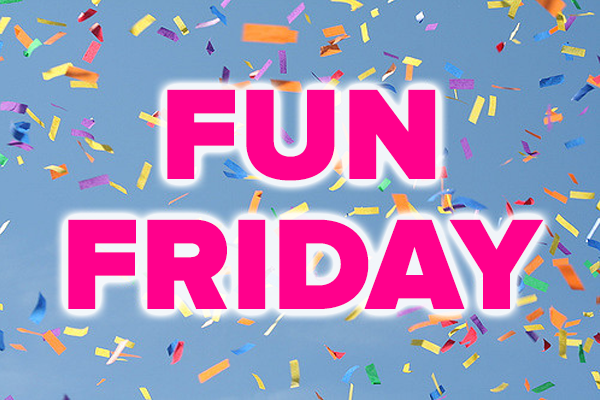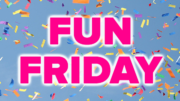Because of a fluke in the way copyright laws have been written, practically nothing has fallen into the public domain in about a generation. I wrote a little bit about that problem five years ago but that was really a pretty cursory explanation. There’s a lot more out there on the internet if you’re willing to look for it. It’s pretty clear that copyright laws in this country are quite a bit different from the way they were imagined in 1790. Then again the world’s a different place too.
The bottom line is, most of the things we remember from the 20th century will be under copyright protection until after most of us are gone. It was only this year that the original form of Winnie-the-Pooh became fair game, and Mickey Mouse joins him next year … sort of. While Winnie is pretty much out of copyright, it’s only the original form of Mickey that loses protection. In other words, we’re talking about the black-and-white, non-talking version. The version you see in theme parks is still copyrighted. It’s a mess.
Taking a risk here
I am probably risking a bit of litigation, then, by publishing this YouTube link:
Reliable sources say that the original sheet music is out of copyright now. I’m not sure about this particular performance. It may still be under copyright, because there’s a big mess o’ confusion between the song itself and any particular performance. I can record a new performance of Greensleeves, which has never been copyrighted since it was written before copyrights existed. That performance will be copyrighted until about 2098, long after I’ve shuffled off this mortal coil. Tell me how that makes sense. Perhaps it would be better to link this version from the Internet Archive, since it is definitely out of copyright. It was recorded almost exactly 100 years ago this week. This version from Louis Prima is definitely under copyright:
It seems to date to 1949, meaning that this 74-year-old performance can still earn royalties for whomever controls Louis Prima’s estate.
Still, I love this song. Maybe it’s irrational, but I do.
But I can’t help it. I love this song, although I can’t tell you quite why. Wikipedia disagrees with me about its origin. I had heard that the authors actually saw a sign that read, “YES! We have no bananas” while walking to work. They say it was simply that the author knew a grocer who started every sentence with “Yes…” Either way it’s a cute novelty tune.
It’s been covered dozens of times as recently as the 1980s. I recall in my younger days there was a Heckel and Jeckel cartoon that used that song as a soundtrack. Strangely it doesn’t appear on YouTube. Perhaps it’s copyrighted.
I don’t know what it is, whether it’s the catchy tune or its absurdity. Maybe it’s that it’s probably the only song in history to include the word “cognomen” in it. You just don’t find a lot of Latin in pop music.
But whatever it is, it’s a neat little novelty song that, thanks to copyright law, was completely protected since its publication in 1923 until just four years ago. Now, however, you’re free to sing it. And sing it you might, because for the last several years, the popular Cavendish banana has been under threat of extinction. This banana is the one you commonly see in stores. It’s not the most tasty one, but it’s the one that travels the best. That’s important when you’re farming them in South America and bringing them here. I have no doubt that we’ll see some other form of banana in the future, but it may be a bumpy ride getting there. So, we may just see more performances of “Yes, We Have No Bananas” in the future, and they’ll be copyrighted long after the current banana crisis is over.




